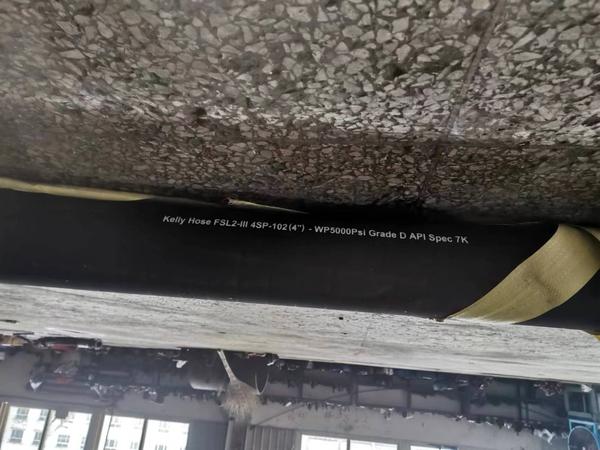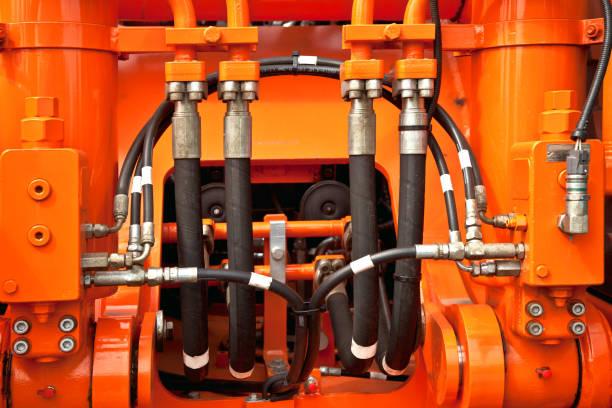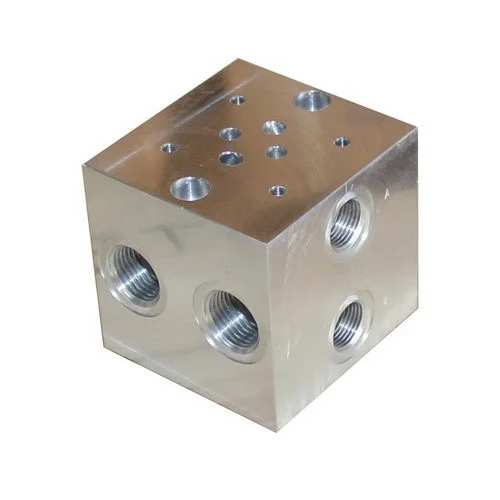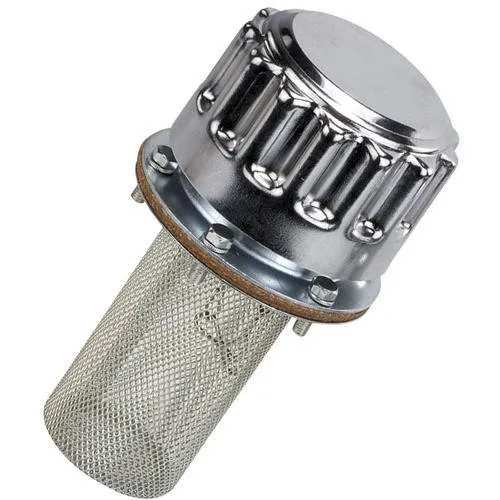Pressure Control Module
INR 0
Enquire
Description
A Pressure Control Module (PCM) within a hydraulic system is a specialized assembly that manages and regulates hydraulic fluid pressure to achieve desired system performance. It's more than just a single valve; it's often an integrated unit designed to provide precise and stable pressure control. Here's a more detailed breakdown: Key Functions and Characteristics: Precise Pressure Regulation: PCMs are designed to maintain a specific pressure within a hydraulic circuit, even under varying load conditions. This precision is critical for applications requiring consistent force or speed. Pressure Limiting and Relief: They incorporate relief valves to prevent over-pressurization, safeguarding system components from damage. This safety feature is essential for preventing catastrophic failures. Pressure Reduction: Pressure-reducing valves within the module can lower the pressure in a specific part of the circuit, allowing for different operating pressures within the same system. Flow and Pressure Compensation: Some advanced PCMs include features that compensate for variations in flow and pressure, ensuring stable system performance. Integrated Design: PCMs often combine multiple valves, sensors, and sometimes electronic controls into a single, compact unit. This integration simplifies system design and installation. Electronic Control (in some cases): Modern PCMs may incorporate electronic control units (ECUs) that allow for precise pressure adjustments and monitoring. These ECUs can be integrated with other system controls for automated operation. Modular Design: Many PCMs are designed with a modular concept, that allows for easy system expansion, or repair. Applications: Industrial presses Injection molding machines Heavy machinery (excavators, cranes) Aerospace systems Any hydraulic system requiring precise pressure control






